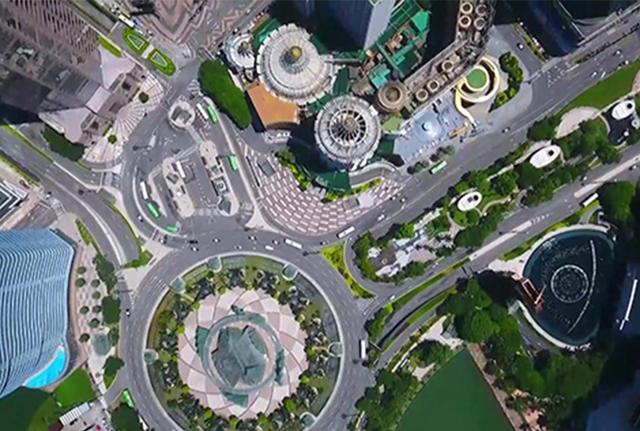Esteri
Macao, 20 years since the return to China: "one country 2 systems" here is working

While Hong Kong has been shaken for months by protests, everything is quiet in the former Portuguese colony. And Beijing aims to make it a financial hub
There is not only the chaos of Hong Kong. The former British colony has been shaken for months by protests. But in the meantime there is another former colony, a few miles away, where things seem to be going much better. This is Macao, returned from Portugal to China in 1999. Just these days Macao celebrates the 20th anniversary of the return of the city under the sovereignty of Beijing.
President Xi Jinping is at the celebrations, where he will announce a series of measures aimed at diversifying the economy to turn Macao into a real financial hub. One of these measures could be the launch of a new yuan-based stock exchange. Xi will attend the inauguration ceremony of the new Macao leader, Ho Iat-seng, on Friday. In Macao, the formula "one country two systems" has been in use since 1999, the same as in Hong Kong. And with success.
In Macao - where over half of the 620 thousand inhabitants have immigrated from China in recent decades - the protests are practically absent. The per capita GDP in Macao rose from around 14,000 US dollars in 1999 to over 80,000 US dollars today and the unemployment rate has fallen from over 6 percent to around 2 percent. Edmund Ho Hau Wah, first managing director of the Special Administrative Region of Macao, said that the "one country, two systems" principle proved to be Macao's biggest advantage. "Macao is a very dynamic economic entity, but our market is small with relatively few resources. But our biggest advantage is to integrate our capacity in the development of the whole country through this principle," said Ho.






